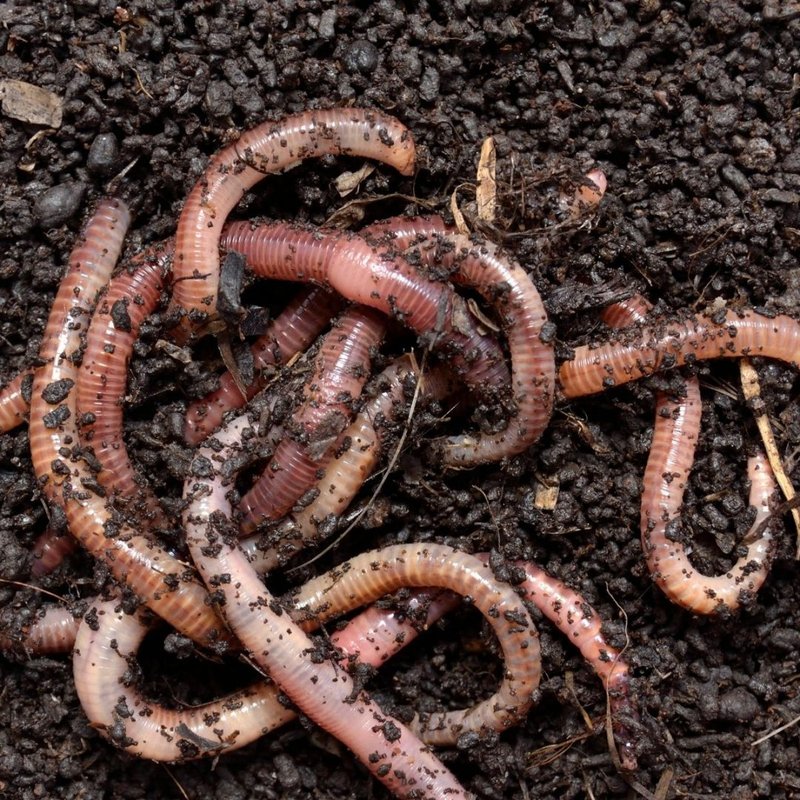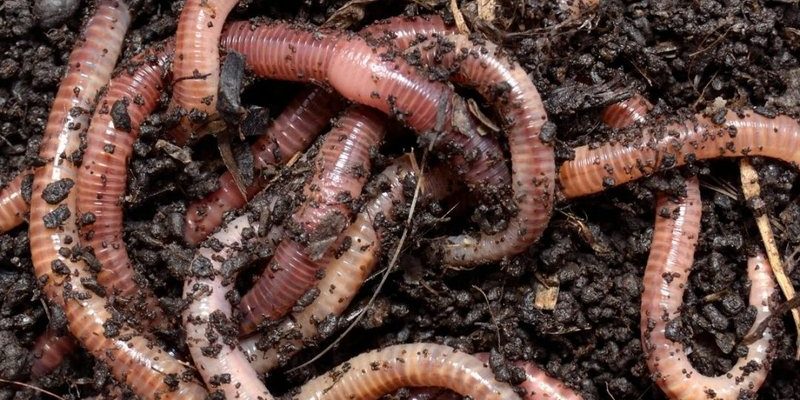
Picture a lush garden with plants thriving in rich, dark soil. Some of that soil is made up of decomposed plant material, including roots that have died off. This is where earthworms come into play. They help break down and eat these dead roots, which contributes to the overall health of the soil. So, let me explain this fascinating relationship between earthworms and dead plant roots in more detail.
What Do Earthworms Eat?
Earthworms are not picky eaters. Their diet mainly consists of organic matter, which can be anything from dead leaves to decaying fruits and even animal waste. Essentially, anything that was once alive can become a meal for these little creatures. They have a unique way of eating, too. As they move through the soil, they consume organic material and soil itself, extracting nutrients along the way.
But you might be wondering: **Do they specifically go after dead plant roots?** The answer is yes! Dead roots contribute to the plant matter in the soil, so earthworms happily gobble them up as they break down. This process not only feeds the worms, but also enriches the soil by turning it into fertile compost. So, in a way, earthworms act as nature’s cleanup crew, making sure nothing goes to waste.
How Do Earthworms Help the Soil?
Now that we know earthworms munch on dead plant roots, let’s dive into how they actually benefit the soil. First off, earthworms improve soil texture. Their tunneling helps aerate the soil, allowing air, water, and nutrients to circulate more freely. This is crucial because plants need access to those essential elements to grow healthy and strong.
Moreover, as worms break down dead plant matter, they produce **castings**—a fancy term for worm poop. Sounds gross, right? But these castings are actually packed with nutrients that plants crave. They enhance the soil’s fertility and promote healthy growth. It’s nature’s way of recycling and ensuring a balanced ecosystem, and earthworms play a starring role in this circle of life.
What Happens to Dead Plant Roots in the Soil?
When a plant dies, its roots don’t just vanish into thin air. Instead, they decay and become part of the soil. This decay process is vital. As roots decompose, they release nutrients that other plants can use to grow. This is where earthworms shine. They break down the dead roots, helping to accelerate the decomposition process.
In addition to aiding in nutrient release, dead plant roots create spaces in the soil that help with drainage. Earthworms tunnel through these spaces, further enhancing soil aeration. This means that when it rains, water can filter through better, benefiting all the plants around. So, you see, the relationship between dead roots and earthworms is quite symbiotic, with each benefiting the other.
Are There Any Other Creatures That Help Decompose Dead Roots?
Absolutely! Earthworms aren’t the only players in the decomposition game. Several organisms contribute to breaking down dead plant material. Some of these include:
- Bacteria: These microscopic organisms are brilliant at breaking down dead matter, and they work hand-in-hand with earthworms. As bacteria decompose dead roots, they make nutrients available for plants.
- Fungi: Fungi, like mushrooms, play a crucial role in breaking down tough plant materials, including lignin, which is found in roots. They help turn hard-to-digest plant parts into richer, more digestible food for worms.
- Other Invertebrates: Creatures like nematodes and beetles also feast on dead plant roots, contributing to the breakdown process.
Together, these organisms create a thriving ecosystem where dead plant matter doesn’t go to waste but instead feeds new life.
Why Should We Care About Earthworms and Soil Health?
You might be thinking, “Why does it matter if earthworms eat dead plant roots?” Well, healthy soil is the foundation of our ecosystems. It affects everything from the food we eat to the air we breathe. When earthworms and other decomposers are at work, they create nutrient-rich soil that supports healthy plant life. This, in turn, helps maintain biodiversity.
In gardening and agriculture, understanding the role of earthworms can help us make better choices. For example, avoiding harmful pesticides can keep earthworm populations thriving. The more earthworms you have in your garden, the healthier your plants will be. It’s a simple but effective way to create a sustainable environment.
So, do earthworms eat dead plant roots? Yes, they do! These tiny creatures play a significant role in breaking down organic matter, including dead roots, and transforming it into nutrient-rich soil. By doing so, they help support healthy ecosystems and promote plant growth.
Next time you dig in the garden or walk through a park, take a moment to appreciate the earthworms at work beneath your feet. They might be small, but their impact is enormous. In the grand scheme of things, these little gardeners are one of the keys to maintaining a vibrant, healthy environment. Embrace their role, and you’ll be well on your way to understanding the wonders of soil health!

